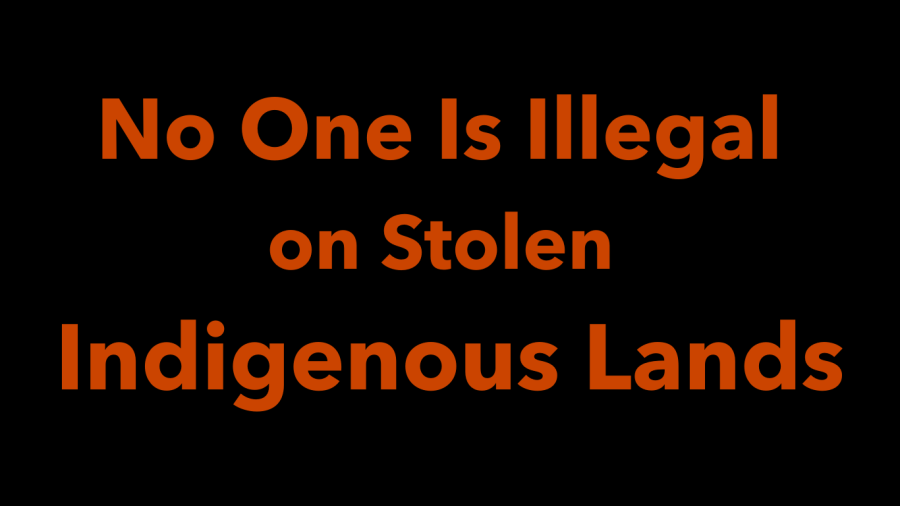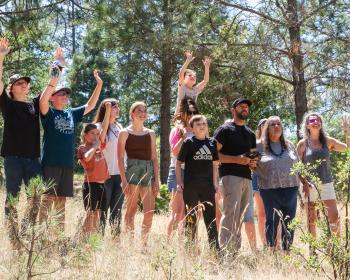Mining and other extractive industries are among the most destructive activities on the planet, especially for indigenous and farming communities. The minerals, metals, fuel, and timber that extractive industries seek are very profitable, so resisting them requires hard work.
Although mining companies are powerful, they are also vulnerable. There are ways to stop them. It may take years, but the results are worth it. At stake is the cultural survival and well-being of your community, your environment, and your ability to make a living — now and for years to come.
Many communities facing these challenges have organized against the companies by forming local, national, and international activist networks. They share information and work together to stop the harm that extractive industries cause. And in many cases they have succeeded in stopping the mining or reducing its impact.
About this guide
This guide describes aspects of the mining process, the dangers you and your community face when mining companies seek to operate in your community, and the many ways you can fight back. It is intended for use by regional/national leaders who can work with local community leaders to plan local actions, and who can also do work at the governmental, national, and international levels.
There are likely more actions described here than resources available to carry them out. Don’t get overwhelmed. Rather, treat the guide as a menu of options. Start by choosing those that you think will require the least effort and be most effective for your situation. The effectiveness of these actions will depend on the local situation and on national and regional idiosyncrasies.
We provide examples of communities who fought back successfully. Our hope is that with this guide and their examples, you too can succeed in protecting your community against these dangers.
Download the guide here.



